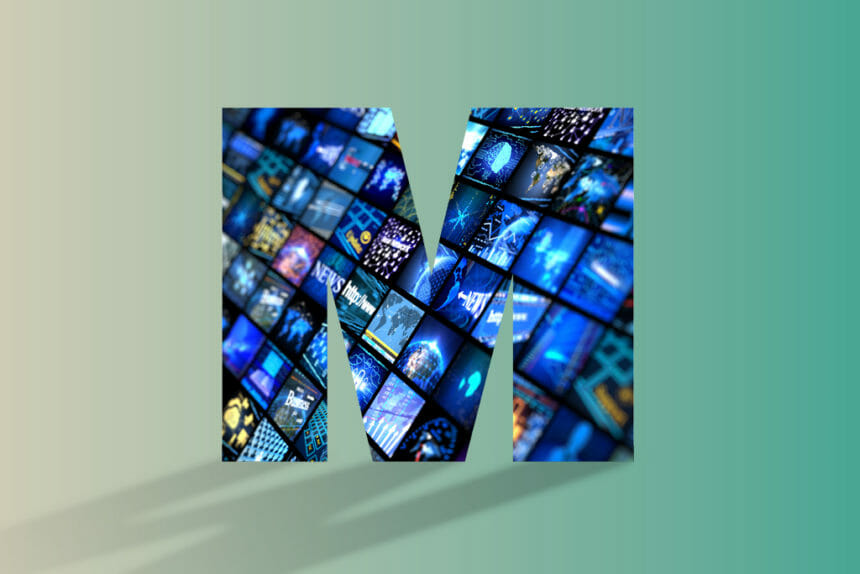In a world increasingly dominated by “hustle culture” — in which the grind famously never stops — it shouldn’t come as a surprise that work can be stressful.
Some people have developed ways to handle these pressures and cope effectively. But for many others, the stress compounds and grows overwhelming at times. And if those feelings of anxiety go unaddressed, burnout often follows in short order.
Numerous studies have pointed to the heightened nature of stress in the workplace in recent years, as well as the growing need to more quickly and effectively acknowledge the behavioral health of workers.
Headspace recognizes this trend — and has additional stats to back it up. In the company’s sixth annual Workforce State of Mind report, Headspace explored the status of emotional and physical health in the workplace.
More than three-quarters of respondents said work stress has negatively impacted their physical health, while almost 40% said it contributed to serious mental health challenges.
The stress-related diminishment of employee well-being, including the deterioration of personal relationships and the rise of substance abuse and suicidal ideation, indicates that workers need help. That’s why Headspace and LinkedIn are collaborating on content to combat workplace stress.
Launched ahead of National Stress Awareness Month, the video series, “Life Skills,” prioritizes practical actions and resources for employees to cope with common workplace challenges. The content is based on insights provided by behavioral experts Liz Fosslien and Mollie West Duffy. Key topics include turning criticism into growth, taking proactive steps to outmaneuver burnout and leading teams through challenging times.
LinkedIn members can access “Life Skills” through a free two-month trial on the Headspace app or through the site’s premium subscription offering.
Emma Nemtin, head of consumer partnerships and distribution at Headspace, said that workers of all ages need real-life tools and coping strategies to navigate complicated workplace situations. She added that Headspace was drawn to the idea of working with LinkedIn to deliver “strong, compelling content.” The more engaging and entertaining the content, the better, she stressed.
“On the partnership side, we find that the most impactful consumer partnerships have this element of content development — and specifically original content,” Nemtin added. “We were noodling around with this specific format and plan to build and iterate upon it.”
Given that work stress is a fairly universal experience, Headspace found it to be the logical jumping off point for “Life Skills.” Honing in on specific topics related to everyday emotions, vulnerability and resilience has fostered a sense of belonging and community, Nemtin noted.
Part of that is because work frustration is top of mind in the post-pandemic era. Headspace posted a poll on LinkedIn a few months ago asking users if, due to their mental health, they ever considered quitting their job without anything else lined up. It generated an outpouring of responses, especially from the campaign’s target demographic of career accelerators.
“This is a very particular cohort of folks who are in their working professional lives, who have these external motivators to develop in their career but also like to work on self-growth and harness their growth mindset,” Nemtin explained.
The “Life Skills” rollout included a LinkedIn Live event and cross-promotion with Headspace’s daily Wake Up video. Its next iteration, likely to focus on relationships — both familiar and romantic — and establishing boundaries, is already in the works.
For an April 2024 article on TikTok’s top stress relief trends, click here.







